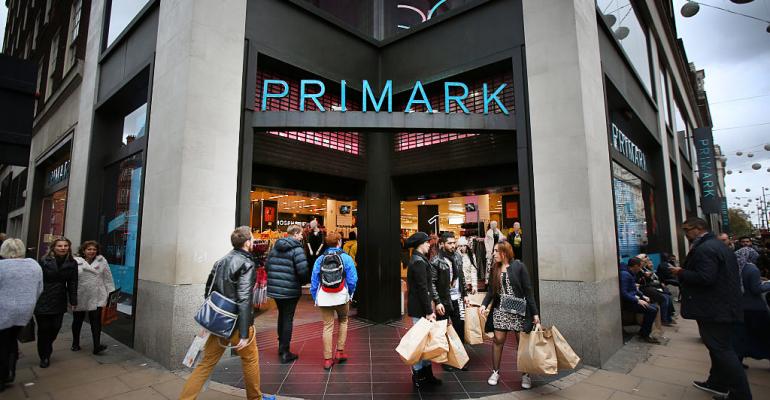The Atlantic Terminal in Brooklyn has one, as do Santa Monica Place in California and the Westfield Garden State Plaza in Paramus, N.J. Those retail centers are among the 51 locations where Fast Retailing USA, also known as Theory, operates Uniqlo stores in the United States.
Now imagine those retail centers and high streets without them. Fast Retailing grabbed headlines last Wednesday when its president and chairman Tadashi Yanai was quoted in a Japanese newspaper saying that the company would withdraw from the U.S. if a border adjustment tax, or B.A.T., is implemented.
“If I was directly told to do so, I will withdraw from the United States,” Yanai said during an interview with The Asahi Shimbun while in New York. Yanai added that if manufacturing products in the U.S. turns out not to be beneficial for U.S. consumers, then continuing to do business here would be pointless.
Yanai’s words offered a worst case scenario of how the retail real estate industry would be affected if the B.A.T. is implemented as part of a larger corporate tax reform effort. Uniqlo’s officials at its U.S. office in Manhattan did not respond to requests for comment.
Technically, the provision would not impose a new tax. It would effectively create extra costs by ending the ability of companies to deduct the costs of goods sold associated with imports on their corporate tax filings. Opponents of the measure fear that higher costs associated with importing goods to the U.S. would result in those goods being priced out of consumers’ reach.
“The cost is essentially a consumption tax,” says Ken Perkins, founder of Retail Metrics, an independent retail research firm based in Swampscott, Mass. “Virtually every other major industrialized country has a version of that tax. It curbs spending, so that more money goes into savings or domestic purchases.”
Industry experts don’t argue against consumers saving money or spending domestically, but the retail industry is already undergoing great changes. Putting the B.A.T. into place would add another costly jolt, even under best case scenarios, according to Goldman Sachs research.
In a research note from December, Goldman Sachs economists opined that a transition to what the firm calls destination-based taxation in the U.S. would introduce dollar appreciation and price increases, both meaningful, but imperfect. Should the new tax policy be implemented, short-term effects could include lower profit margins for U.S. importers and a decline in the U.S. trade deficit, which sound good initially. Over time, consumer price inflation and tighter monetary policies could follow. Further, companies’ profit margins could come under immense pressure, threatening their solvency, the research notes.
The prospects of inflation and tighter margins have prompted responses from industry groups such as the National Retail Federation (NRF), which joined the coalition Americans for Affordable Products to resist the proposed policy. The provision would impact retailers even if they do not import directly, the NRF argues, because wholesalers would likely recoup their increased costs by passing them on to retailers.
As if consumers don’t have enough incentive to bargain hunt online, the NRF estimates that the average family could see costs increase by 15 percent, or as much as $1,700 a year under the proposed regime.
Uniqlo might have made a drastic prediction about its response to the B.A.T., but it did not elaborate on exactly how it would implement the change. Fast Retailing claims to be the fourth largest retailer in the world, and although its U.S. store count does not constitute the backbone of cross-border retailing—LVMH’s Sephora has a much bigger presence with than 706 U.S. stores, including about 590 Sephora Inside J.C. Penney locations,—the U.S. is still one of the largest retail markets in the world.
“If a company has plans to be in here and make inroads, you would have to make modifications,” Perkins says. “They might consider scaling back, but a wholesale pulling of the entire operation seems drastic to me.”
Landlords are already adapting to sea changes that e-commerce has wrought on industry. If international retailers start to scale back operations to offset the costs of a border adjustment tax, will landlords have to imagine Lennox Square in Atlanta without TopShop, Boston’s Downtown Crossing without Primark, or Manhattan’s Fifth Avenue without an H&M?
For now, no other international retailer operating in the U.S. has indicated whether it would curtail or end operations here as a result of the proposed B.A.T. Even Uniqlo is not completely set on pulling up stakes.
Yanai did indicate in the newspaper interview that the company still had its eyes on expansion, too. He emphasized that the company would prefer to open 20 to 30 stores a year.


